Flower pollen
Flower pollen
Couldn't load pickup availability


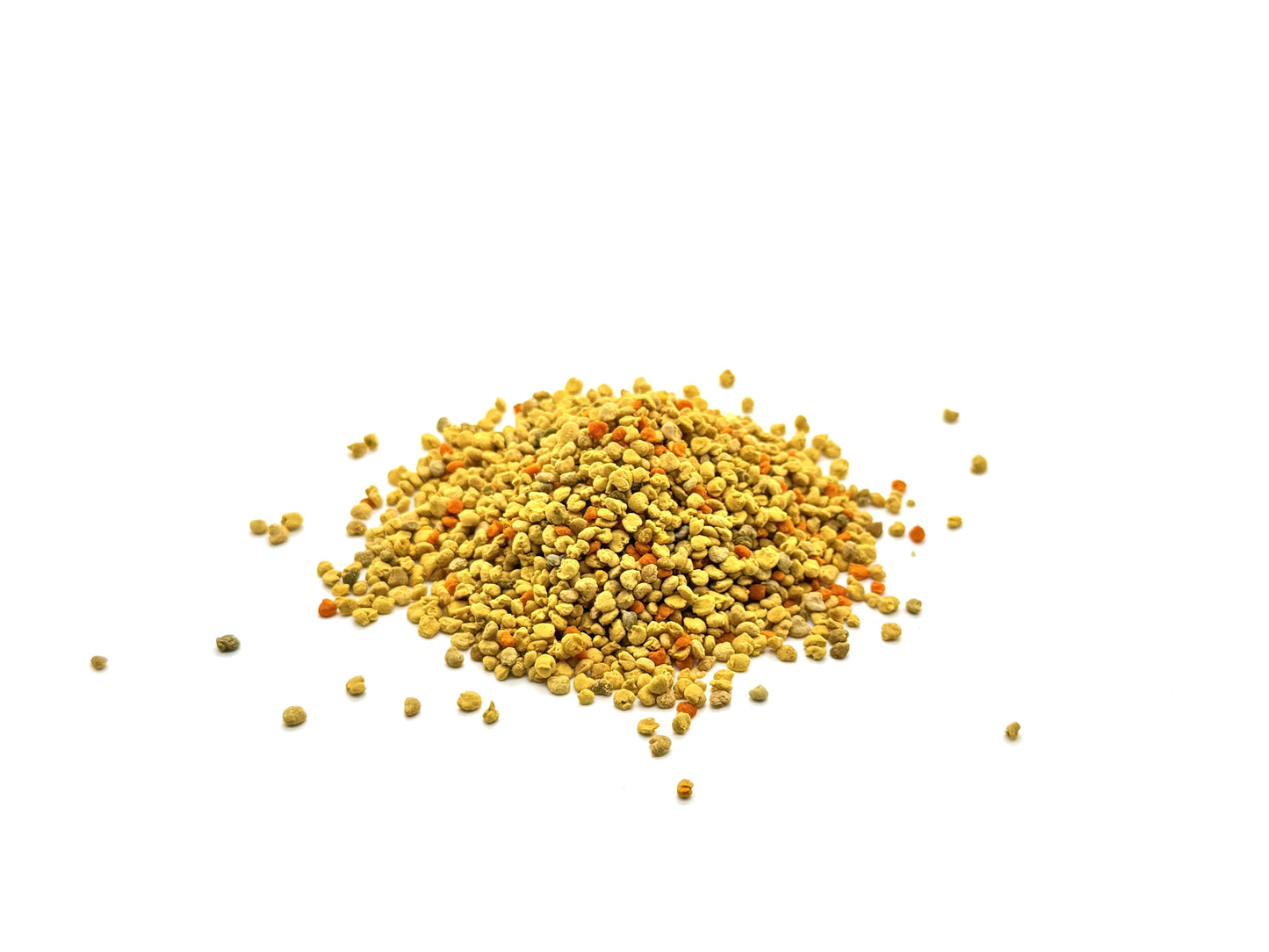
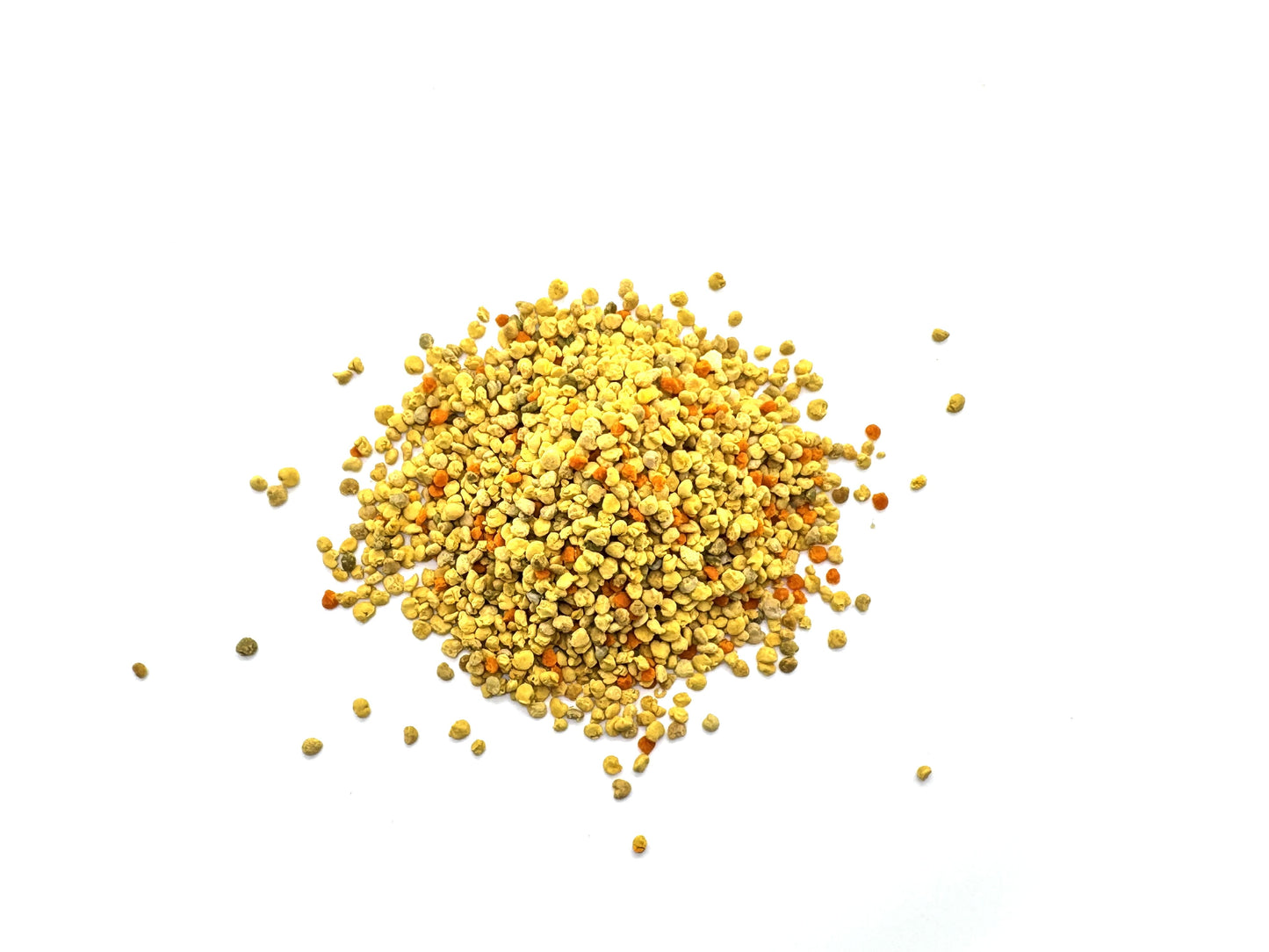
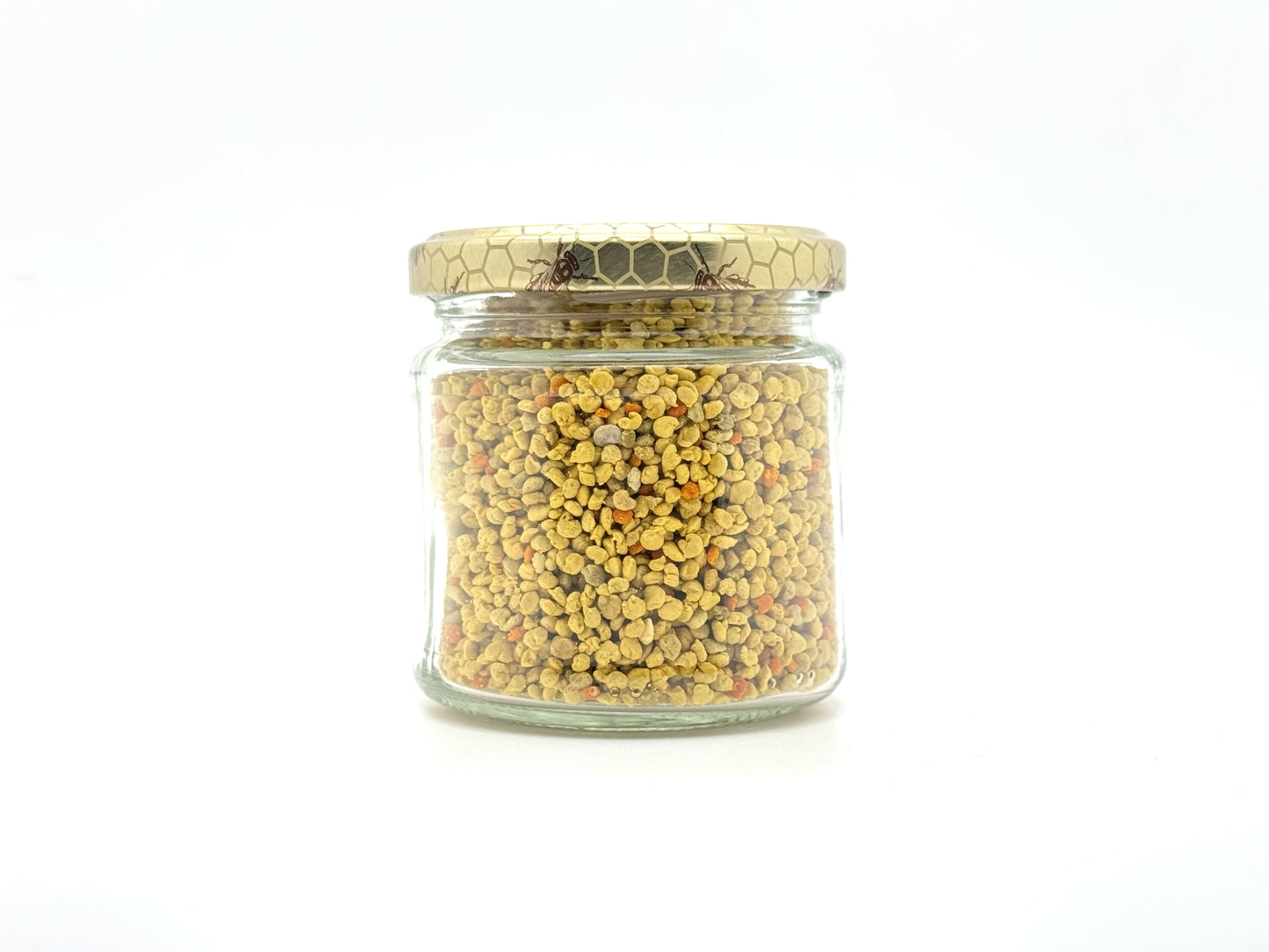
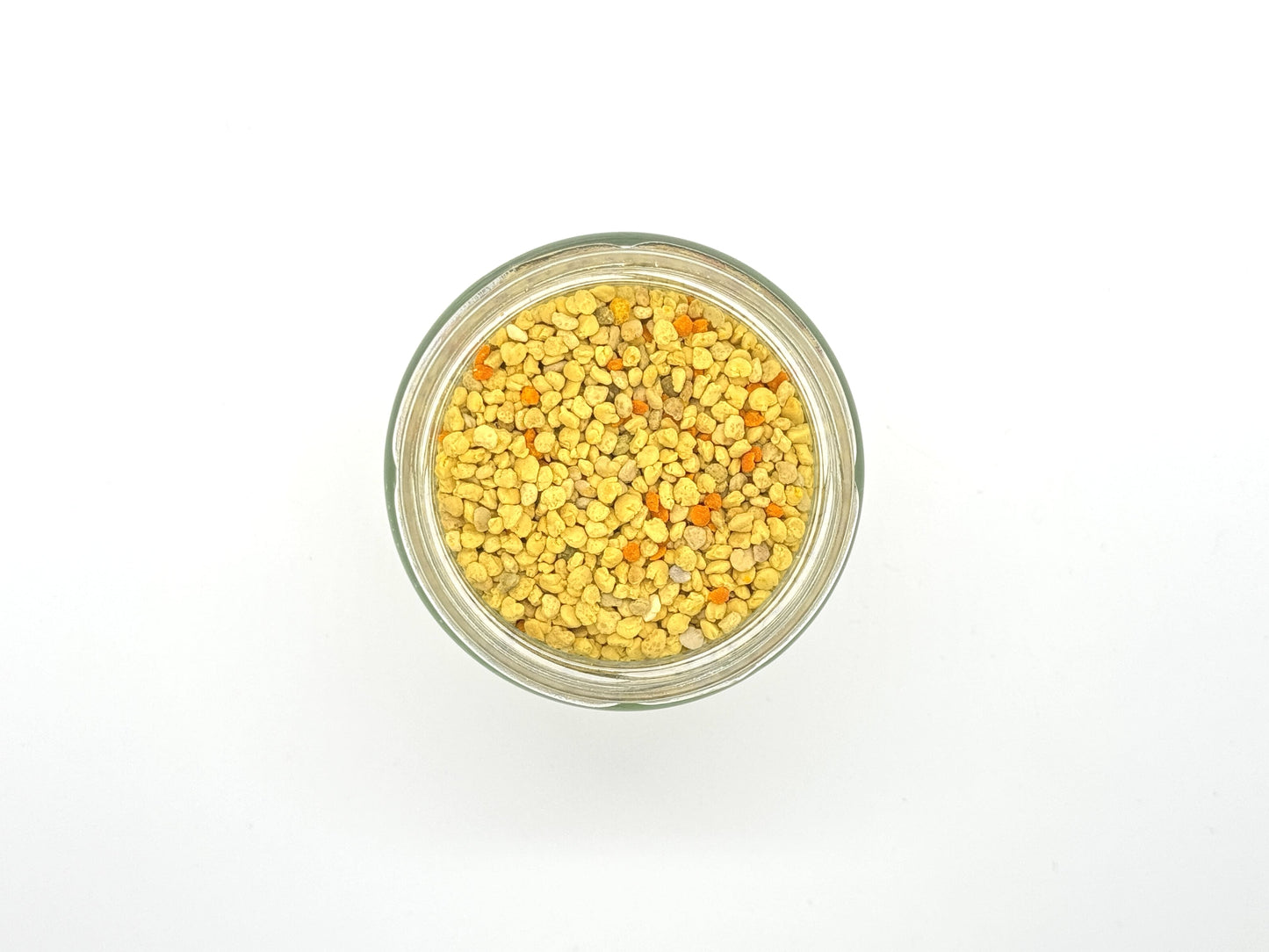
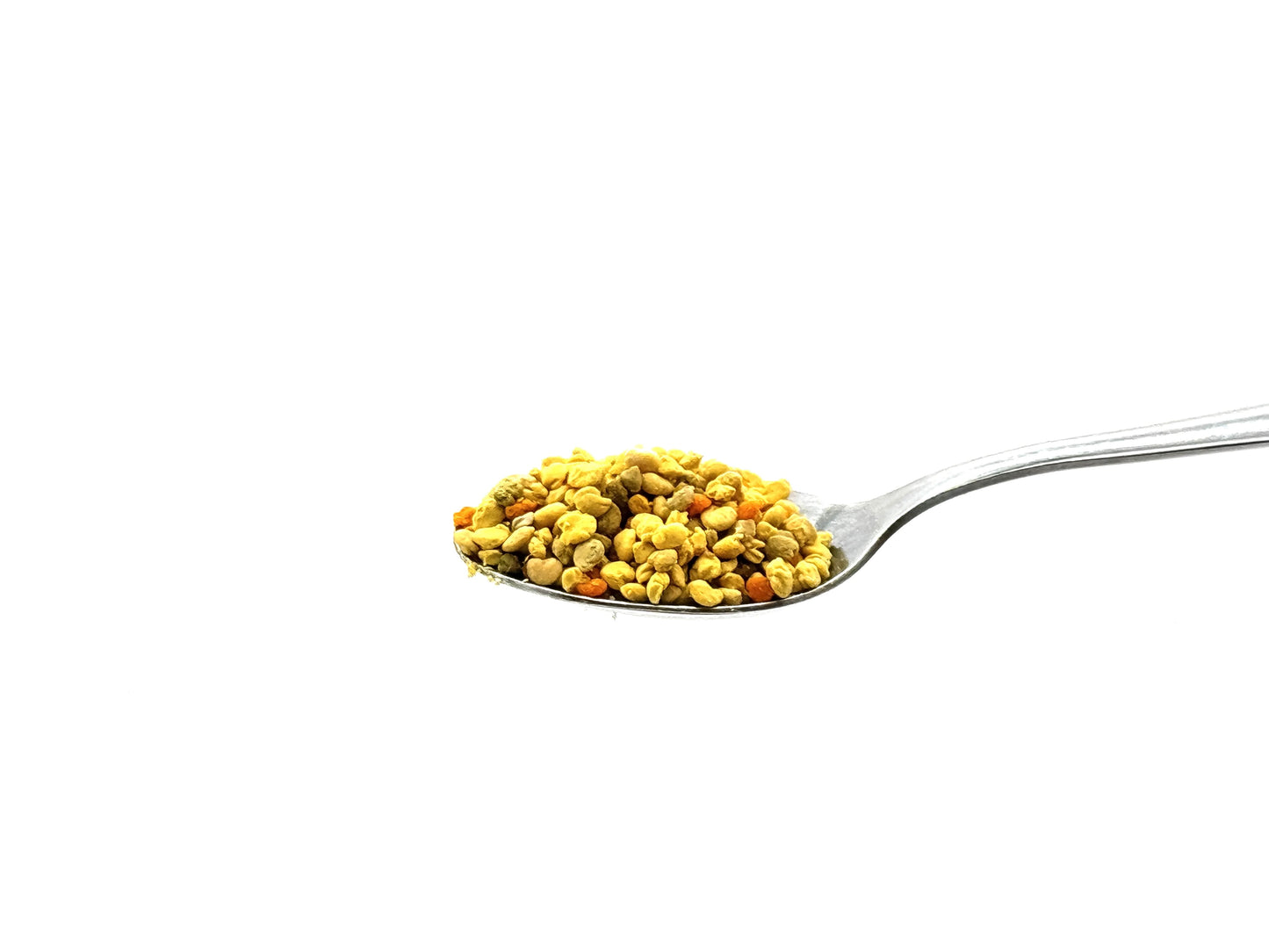
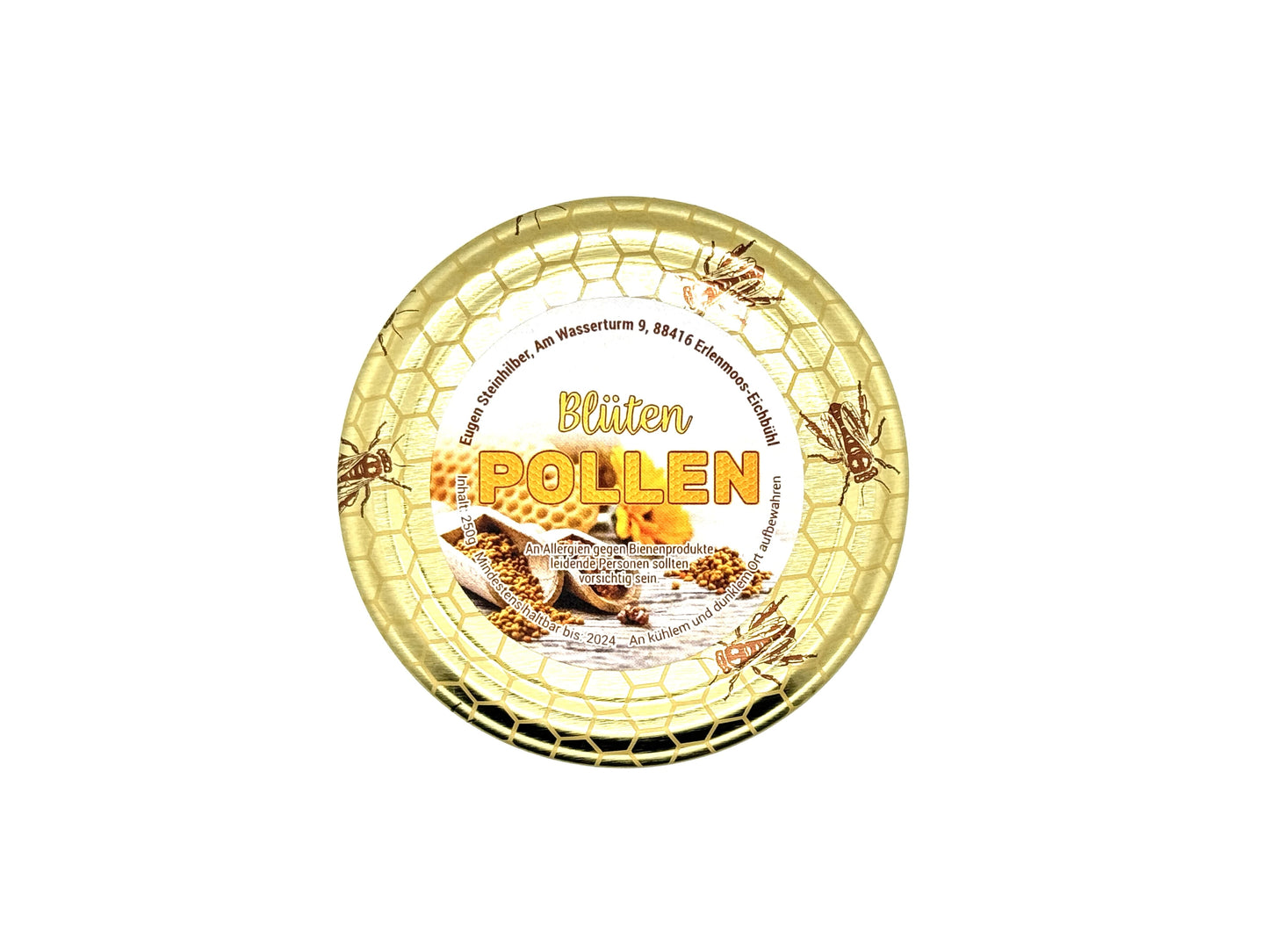
Collapsible content
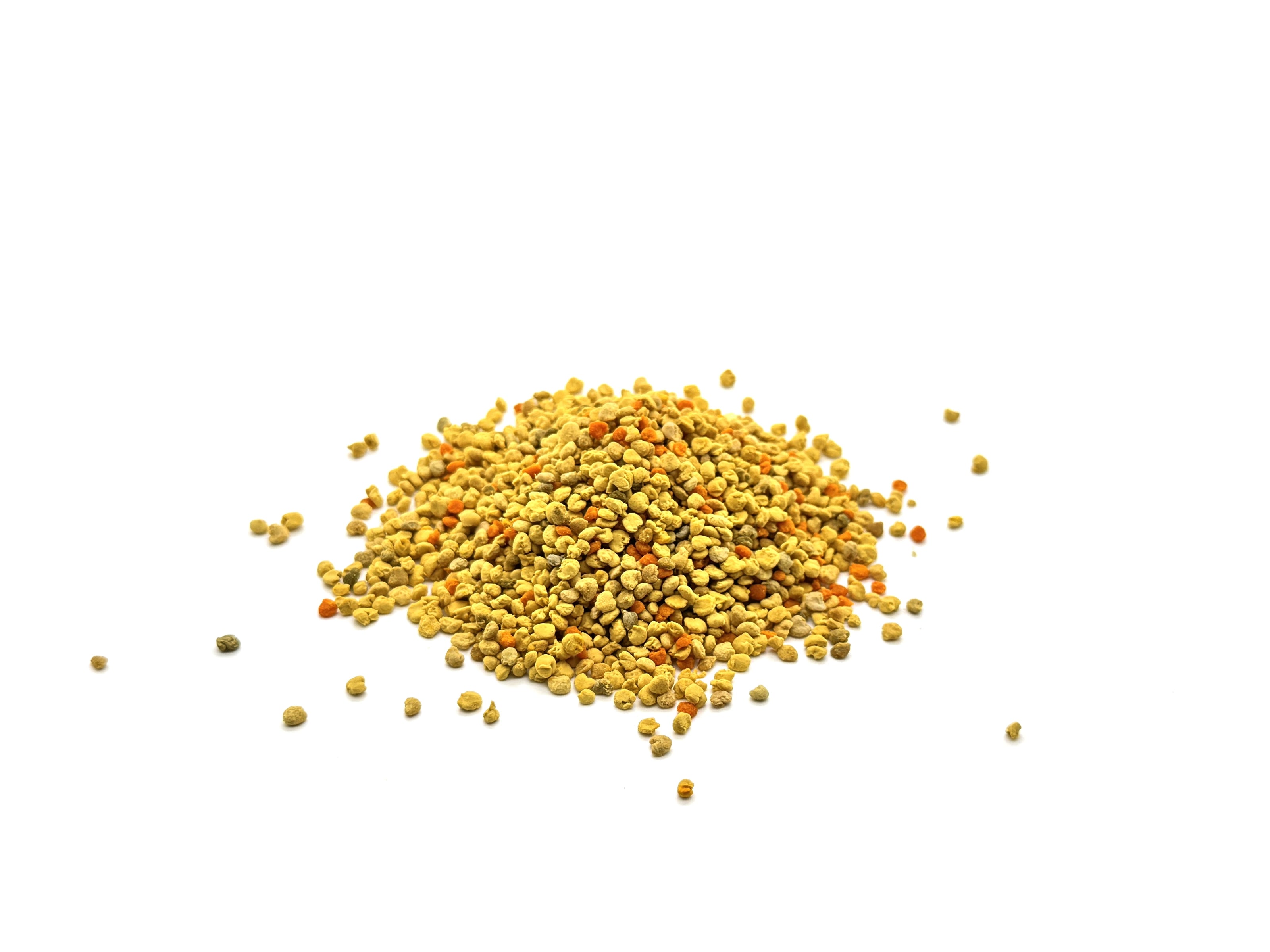
Description
Pollen is a valuable substance that bees collect from the nectar of various flowers. This pollen plays a crucial role in the nutrition of bee larvae and is an essential part of the hive. Pollen is collected by a pollen trap at the entrance to the hive, which catches the pollen that falls out of the bees' baskets as it passes through a narrow hole.
Advantages
strengthening the immune system: The ingredients can strengthen the body's defenses and support general health.
promoting digestion: Flower pollen can regulate intestinal activity and improve both constipation and diarrhea.
support for anemia: Promote the formation of red blood cells and can improve blood values.
Cognitive and emotional benefits: Increased concentration, less fatigue and increased general well-being.
Hormonal Balance: Natural hormones support hormonal balance and can delay signs of aging.
Rich in nutrients: Flower pollen contains proteins, vitamins, amino acids, fats, carbohydrates, enzymes, hormones and essential oils.
Application
Bee pollen can be consumed in various forms, such as pure, as part of smoothies or as a supplement to other foods.
Contents
flower pollen
(The exact nutrient composition varies depending on the source, but typically contains vitamins, proteins, amino acids and essential fatty acids.)
Storage
Store in a cool, dry place.
Notes
A small amount should be tested before use to avoid allergic reactions. If you have any concerns or known allergies, consult a doctor.
A small amount should be tested before use to avoid allergic reactions. If you have any concerns or have known allergies, you should consult a doctor.
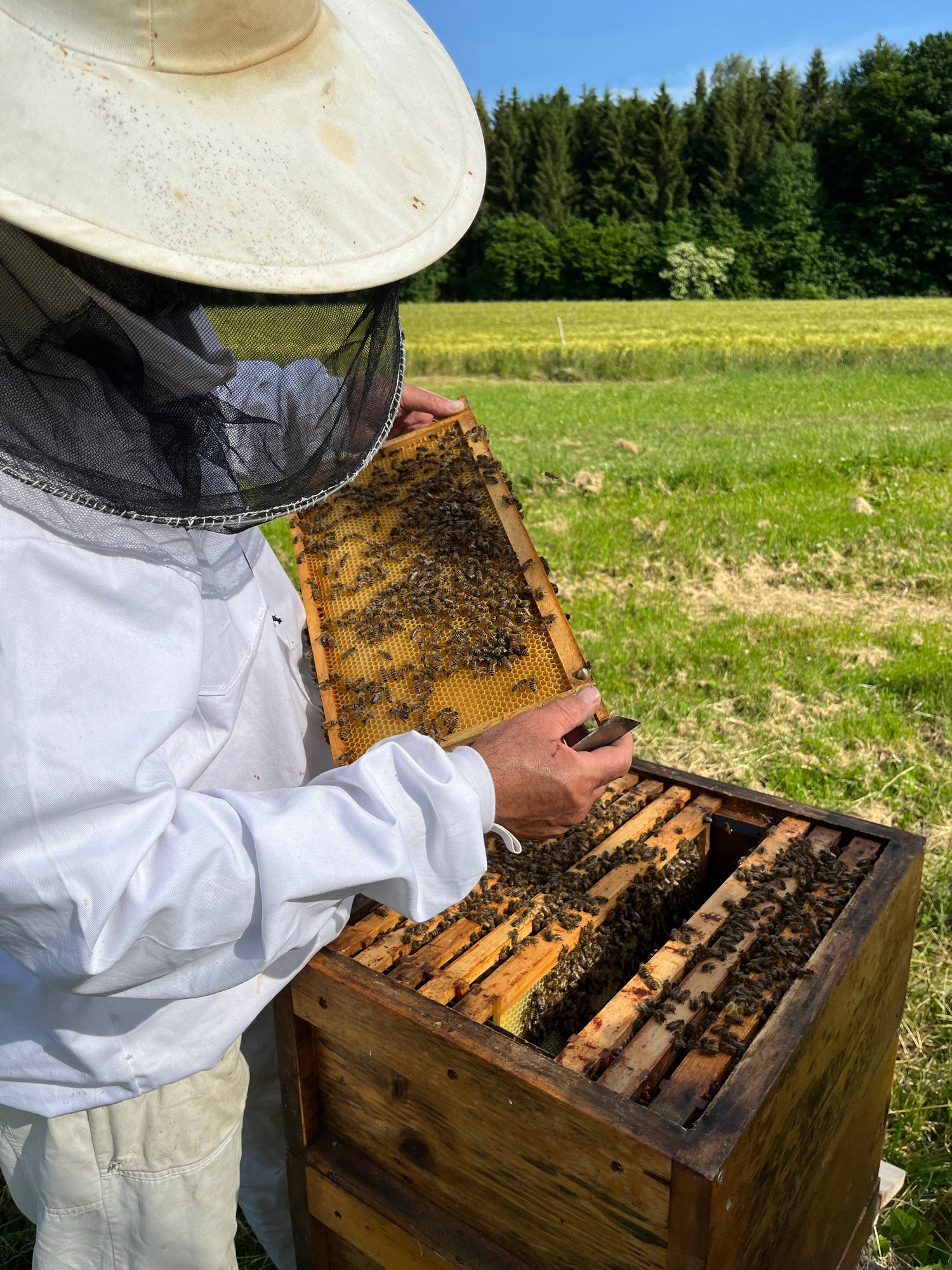
Find what supports your body
Natural support for more energy, well-being and balance. Discover the power of bee products and do something good for your body!

Free from artificial additives

Natural locations

High quality production

Many years of experience

Customer satisfaction
Sehr lecker und frisch. Gut verpackt und schnell versandt. Klare Empfehlung.
Nektarwerk
Our products are nutritional supplements that are specifically designed to support your health. Our nutritional supplements are not a substitute for a balanced and wholesome diet. Rather, they are designed to help you take your well-being and health to a higher level. Please note that our products should only be used after consulting a doctor or qualified health professional.





